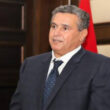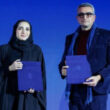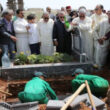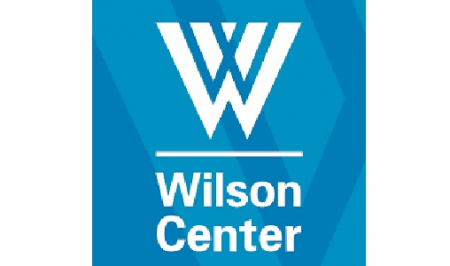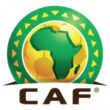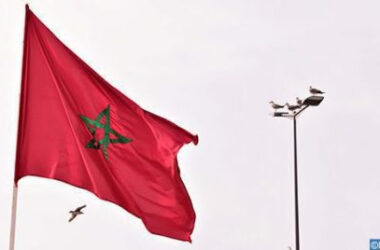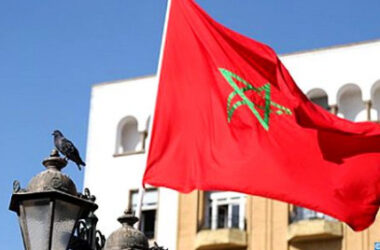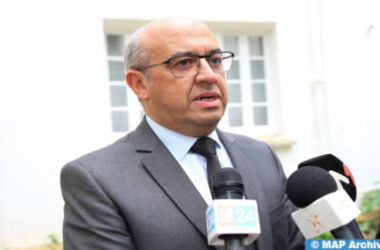In an analysis by Stephen King, Professor of Political Science at Georgetown University, the think tank states that Morocco has taken the lead on migration in Africa, recalling that the Kingdom launched a comprehensive migration reform drive that has offered legal status to nearly 50,000 migrants mainly from Sub-Saharan Africa.
The author notes that under the enlightened leadership of His Majesty the King, Leader on the issue of migration in Africa, Morocco demonstrates that migration from Sub-Saharan Africa to North Africa, does not have to be a “security concern” for Europe or North Africa. It can instead help develop the entire continent and contribute to the fight against racism, he says.
The D.C-based think tank evokes the inauguration in Rabat of the African Observatory on Migration, which tracks migration dynamics and coordinates government policies on the continent, saying that Morocco has become a “champion of migration” within the African Union, disseminating a model across the continent promoting migration as a path to development and not as a “security problem”.
In the same vein, the Wilson Center indicates that Morocco, thanks to Royal leadership, also shows the way forward through greater integration of the African continent, through a humane and productive regional approach.
Recalling Morocco’s return to its African Institutional family, the author states that under the Royal impetus, the country has recognized the need for diversifying markets and positioned itself to benefit from the economic and demographic growth expected in Sub-Saharan Africa in the coming years, expanding investment and business operations in the region.
He recalls in this respect the series of visits the Sovereign led in many African countries which have produced large-scale investments, adding that Morocco is an investment leader in the continent, mainly in West Africa.
“Beyond investment, Morocco’s Africa strategy under HM King Mohammed VI includes development training, education, and religious training. Its partnership with 46 other African countries provides humanitarian assistance and capacity building mainly in public administration, health, power generation, and rural electrification”, the think tank underlines.
It further recalls the important number of students from across Africa who flock to Morocco for higher education, adding that by Moroccan law, all Sub-Saharan African children have unrestricted access to public education.


